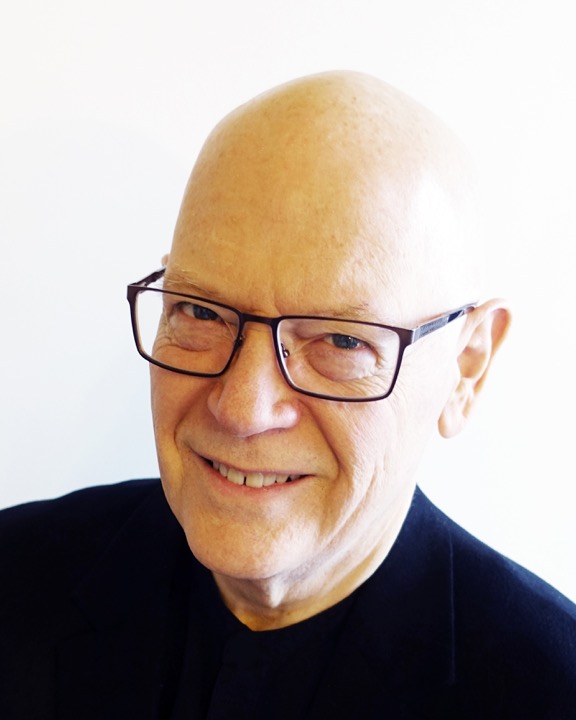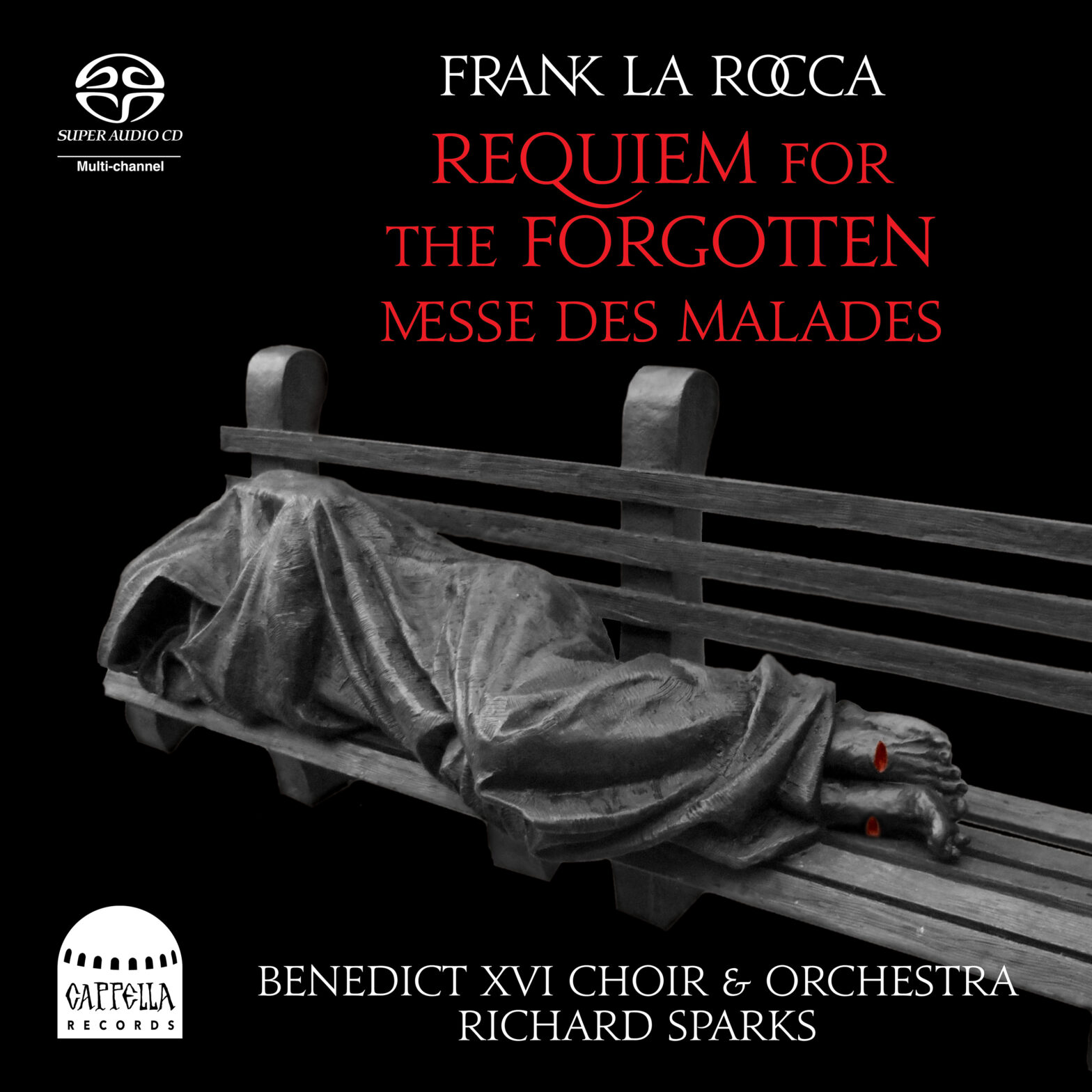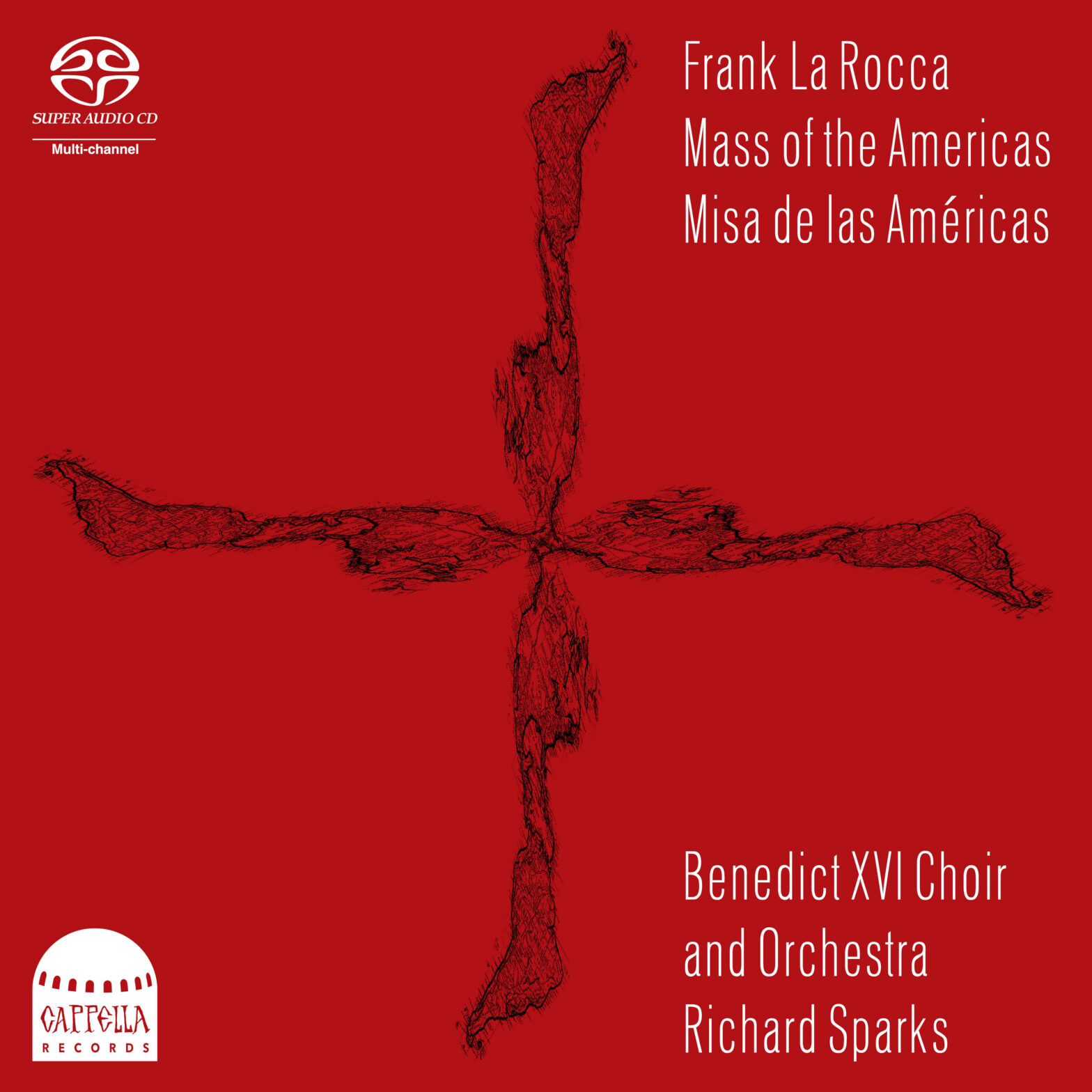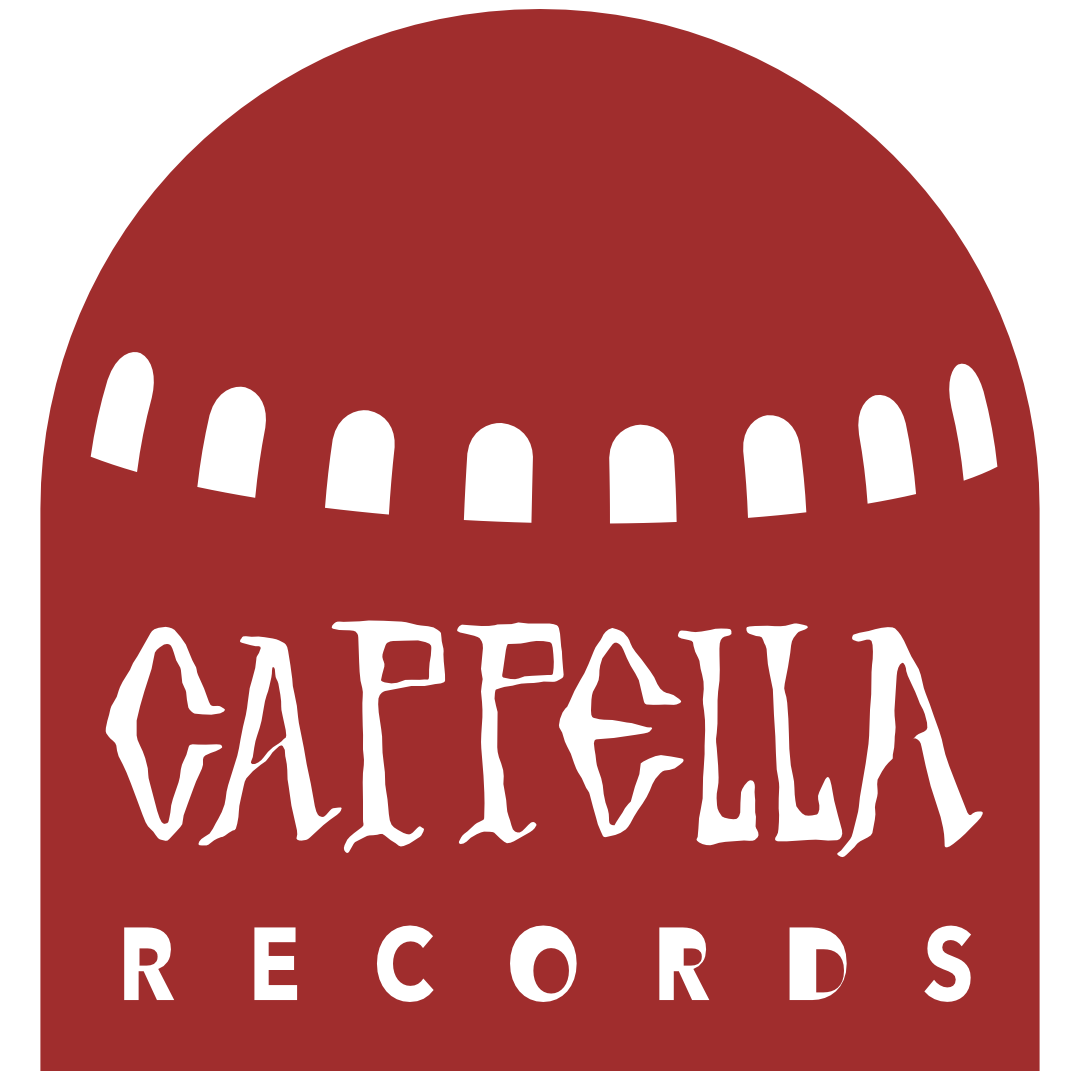Richard Sparks is the principal conductor of the Benedict XVI Choir and has a distinguished career in both professional and academic worlds.
He founded Seattle Pro Musica in 1973 and in seven seasons conducted over 70 different programs with three ensembles. And in 1993 he founded Choral Arts Northwest, which he led for 11 years, making three CDs on the Gothic label. Both ensembles are still thriving.
From 1977–1985 he was principal conductor of the Pacific Northwest Bach Festival, which used period instruments and soloists such as the Dutch baritone Max van Egmont. From 1990–94 he was conductor of the Seattle Symphony Chorale and, among other things, prepared them for nine recordings on the Delos label (now mostly on Naxos), including the GRAMMY®-nominated recording of Howard Hanson’s Lament for Beowulf.
And from 1999 to 2011 he was conductor of Pro Coro Canada, a professional ensemble based in Edmonton, Alberta, who toured regularly in Canada.
He has guest conducted numerous professional ensembles, including the famed Swedish Radio Choir in 2002, 2007, and 2009, including preparing the Brahms Ein Deutches Requiem for a performance with the Rotterdam Philharmonic and Valery Gergiev, which was recorded live for a DVD on the BIS label. He has also guest conducted the Santa Fe Desert Chorale, Vocal Arts Ensemble of Cincinnati, the Anchorage Music Festival, and many others.
His doctoral dissertation, which won ACDA’s Julius Herford Award, was published as The Swedish Choral Miracle—A Cappella Works Since 1945. He also has another book published with GIA, titled The Conductor’s Toolbox.
Sparks was Director of Choral Activities at Pacific Lutheran University and led the Choir of the West from 1983 to 2001, with numerous CDs and tours.
He is also Professor Emeritus and was Chair of the Division of Conducting & Ensembles at the University of North Texas, where he taught for ten years. Many of his performances there can be found on YouTube, including a Vivaldi Gloria with over four million views, Monteverdi’s 1610 Vespers, and the 1725 version of the Bach St. John Passion.




